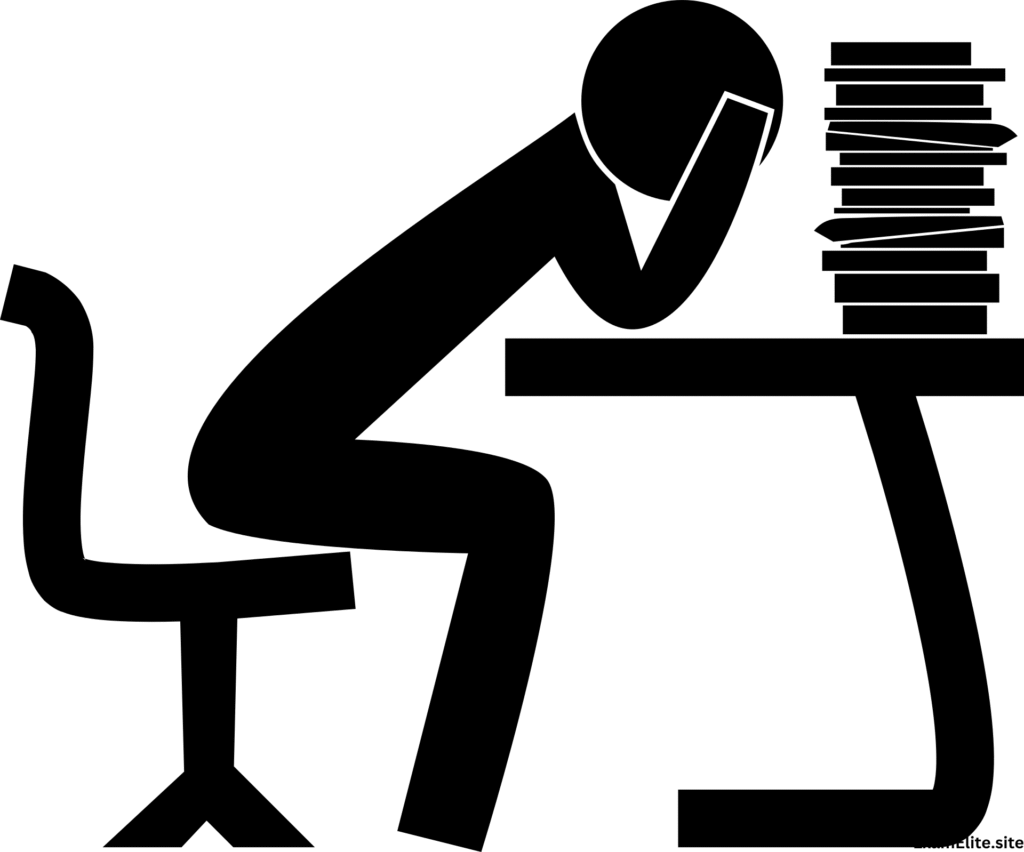The C&P Exam: A Comprehensive Guide
When applying for disability benefits from the VA, the C&P exam is a crucial step for veterans of the United States military. The Compensation and Pension Examination is the formal name of this evaluation that helps figure out how bad a veteran’s condition is and how it’s related to their service. Whether you are applying for the first time or getting your claim reevaluated, knowing the C&P exam procedure can greatly affect the outcome.
In this guide, you will find all the information you need regarding the C&P exam, such as its purpose, what to expect, study strategies, and what to do if your score is negative.
 What Is a C&P Exam?
What Is a C&P Exam?
Medical professionals who have contracted with the VA or who are employed by them will conduct the C&P exam. Finding out the severity of a veteran’s service-connected disabilities is the main purpose of this form. What happens in the test greatly affects the veteran’s disability benefits and compensation.
The purpose of the C&P exam is not to diagnose or treat any medical condition, unlike a regular doctor’s appointment. Not at all; it’s more of a medical and legal instrument that the VA employs to get to the bottom of claims.
The C&P Exam: Why Is It So Important?
Evidence is the lifeblood of a VA disability claim. Even if a veteran presents comprehensive medical documentation and doctor’s reports, the VA may insist on an official C&P exam to verify the condition’s legitimacy and severity. Because of this, the test is crucial:
-
The purpose of the test is to confirm that your illness has a direct correlation to your military service.
-
Monthly benefits and VA disability ratings are directly affected by the severity rating, which determines how serious the condition is.
-
In the event that your first claim is denied or assigned a lower rating than expected, you may utilise your C&P exam results to bolster your appeal.
Who Sets the Date for the C&P Exam?
Upon submitting a disability claim, your application will be reviewed by either the VA or one of its contracted agencies. If more information is needed, the VA will arrange for the C&P exam. Someone will contact you by phone or mail to let you know when and where it will be. Missing this appointment could result in the denial of your claim, so it’s crucial that you either show up or reschedule ahead of time.
The C&P Exam: What Happens During It?
The format of the C&P exam is dependent on the specific condition that is being evaluated. In broad strokes, here is what to expect:
1. Patient Background and Diagnosis
Your symptoms, medical background, and time in the military will be the primary topics of enquiry for the examiner. Be accurate and forthright without embellishing. Bring up the ways in which your illness affects your personal life, work, and routine tasks.
2. Visual Evaluation
If you’re claiming injuries that manifest physically (like hearing loss, knee injuries, or back pain), a doctor may order a physical exam. A number of criteria will be documented by the examiner, including range of motion, pain thresholds, and visible scarring.
3. Evaluation of Mental Health
Examiners may ask you in-depth questions regarding your symptoms, triggers, and treatment history for mental health claims such as PTSD, depression, or anxiety, and they may also use standardised psychological tools.
4. Checking for Health Issues
On occasion, additional tests like MRIs, X-rays, or hearing evaluations may be ordered to back up the findings.
Methods for Mastering the C&P Exam
Your degree of readiness can have a substantial effect on your test scores. In order to do well on the C&P test, consider the following advice:
-
Remember to bring any necessary paperwork: It is recommended that you bring a copy of your private medical records or buddy statement to the exam.
-
Avoid downplaying or exaggerating your symptoms: Instead, be forthright and honest. It is not acceptable to act “tough” or minimise your discomfort during this exam.
-
Be consistent: What you state on the exam should match what is in your claim and prior records.
-
Provide an explanation of the daily impact: Give some examples of how your social life, work, and even basic daily tasks like sleeping, driving, and walking have been impacted by your illness.
-
Stay away from guesswork: If you don’t know the answer to a medical question, it’s fine to say so. Stay away from guesswork and providing misleading details.
What Happens After the C&P Test?
Following the exam, the examiner will submit a report to the VA. This report contains a medical opinion about the seriousness of your condition and whether it is connected to your service. This information is utilised by the VA to:
-
Recognise or deny your assertion
-
Give a handicap rating between zero and one hundred percent
-
Work out your pay and benefits each month
You will not immediately have access to your C&P exam results. You will, instead, receive a formal VA decision letter at a later date.
In the Event That You Do Not Pass the C&P Exam, What Will Occur?
Many veterans are disheartened to hear that they did poorly on the C&P exam or were outright rejected. If you feel the results were incorrect or unfair, you have the option to choose from the following:
-
If you want to double-check your C&P exam results for inaccuracies or discrepancies, you can request a copy of the report.
-
Please submit a supplementary claim: If you want to challenge the VA’s decision, you can submit new evidence, like a private doctor’s opinion.
-
If the C&P report was inaccurate, hiring an accredited representative or lawyer can help you navigate the appeals process.
Problems People Usually Have With C&P Tests
The C&P exam process is something that many veterans find frustrating. Complaints often include:
-
Promptness: Some examinations are criticised for their lack of thoroughness due to their relatively short duration of 10 to 15 minutes.
-
On occasion, specialists who have not received formal training in the relevant medical field will evaluate veterans.
-
Examiners make mistakes in describing symptoms or drawing conclusions without sufficient evidence.
In the event that you encounter any of these issues, it is advisable to maintain detailed records and consider challenging the decision.
Advice That Will Make You Pass the C&P Test
-
Keep calm and act professionally at all times: Keep your cool and be respectful throughout the appointment.
-
Keep your language simple and to the point: The examiner will not know anything about your medical history or military service unless you tell them.
-
If you feel uncomfortable testifying alone, consider bringing a spouse or caretaker who can speak to the effects of the condition on the veteran.
-
Check your eBenefits account or VA.gov after the test to see how your claim is progressing.
Final Thoughts: The C&P Exam Is Crucial
You should not overlook the C&P exam when submitting your VA disability claim. The information gathered during this evaluation could dictate your health and financial future, despite the fact that it appears to be just another appointment.
Understanding the goals of the exam, preparing thoroughly, and advocating for your health can all increase the likelihood that you will receive a positive and fair disability rating.
Do not delay in gathering your records, consulting with a representative, and preparing for your C&P exam if it is soon approaching. Also, remember that the more you know, the stronger your claim will be.
